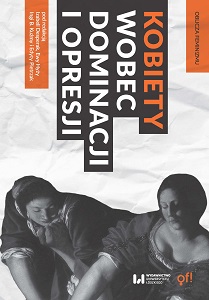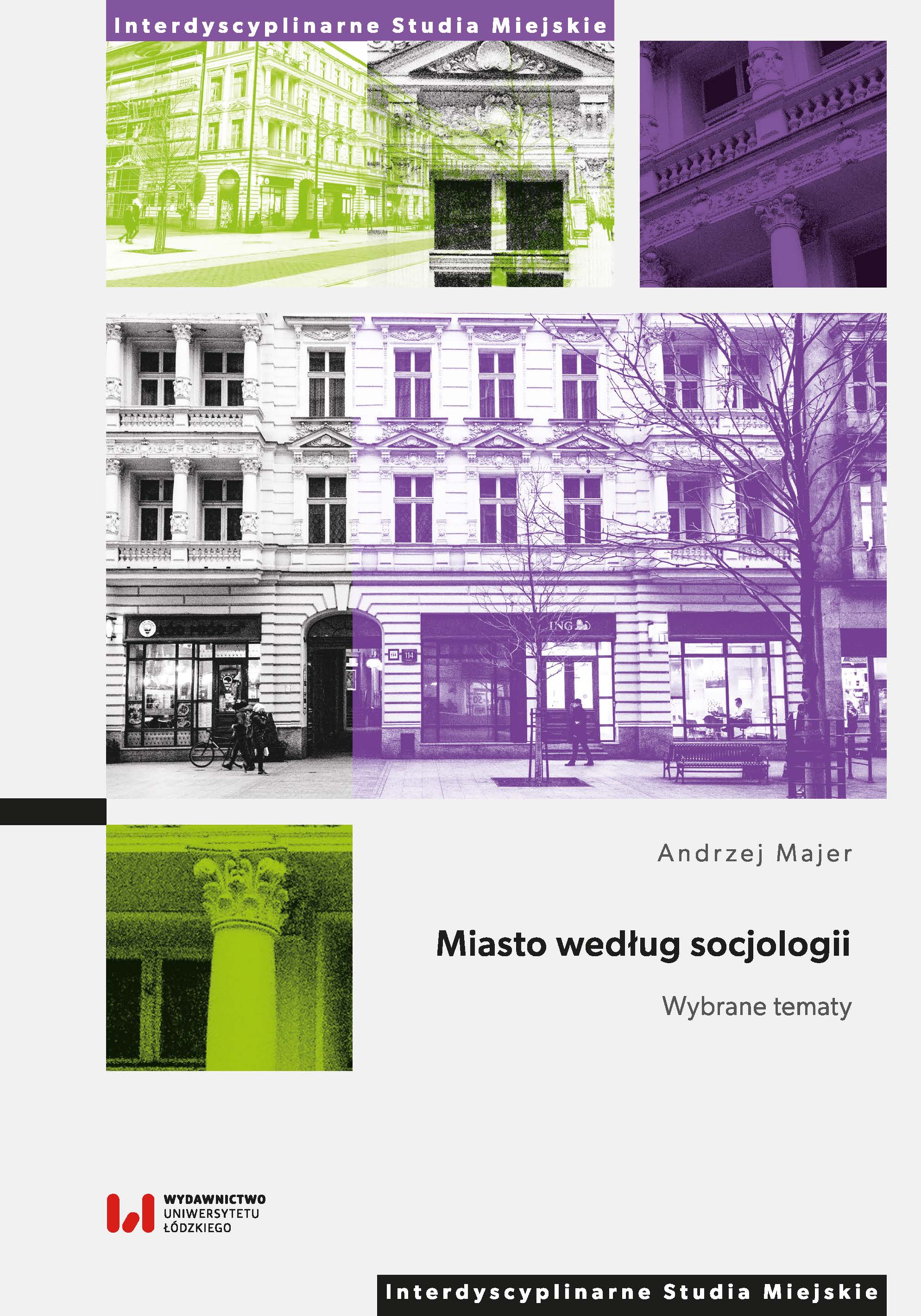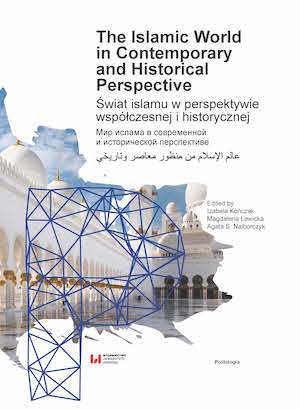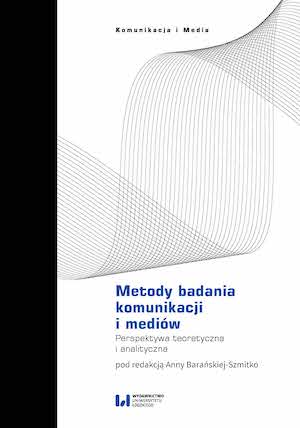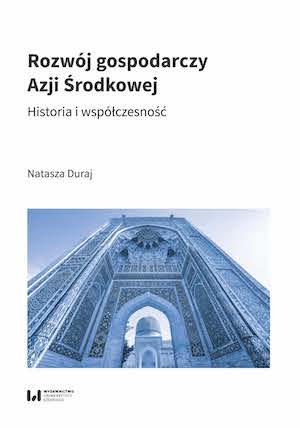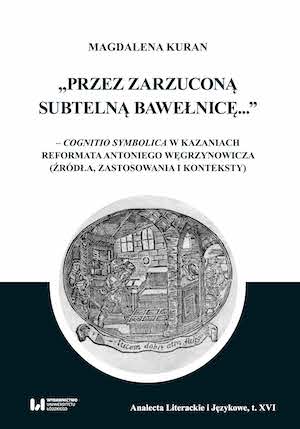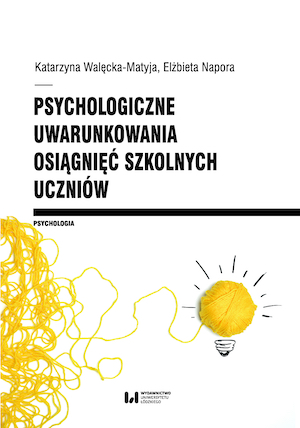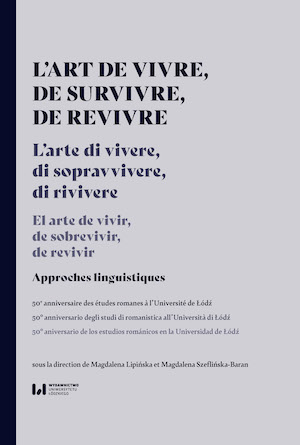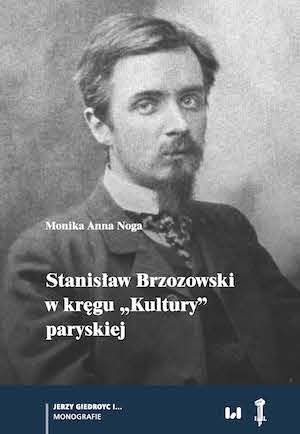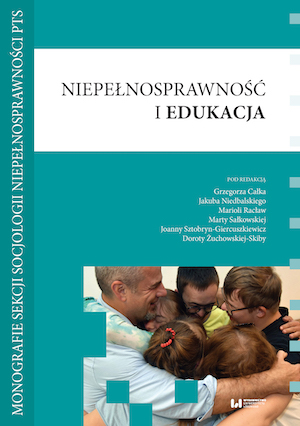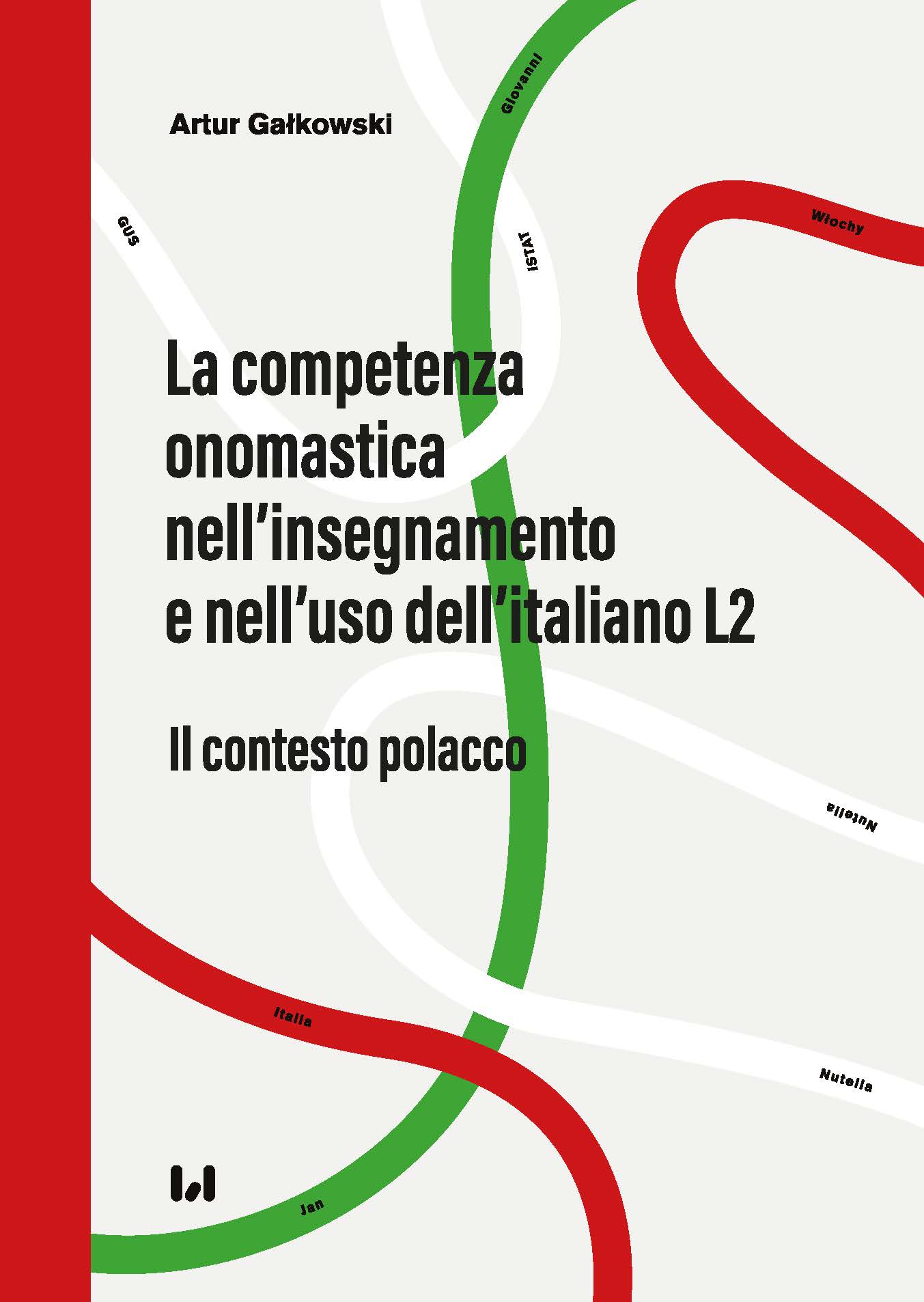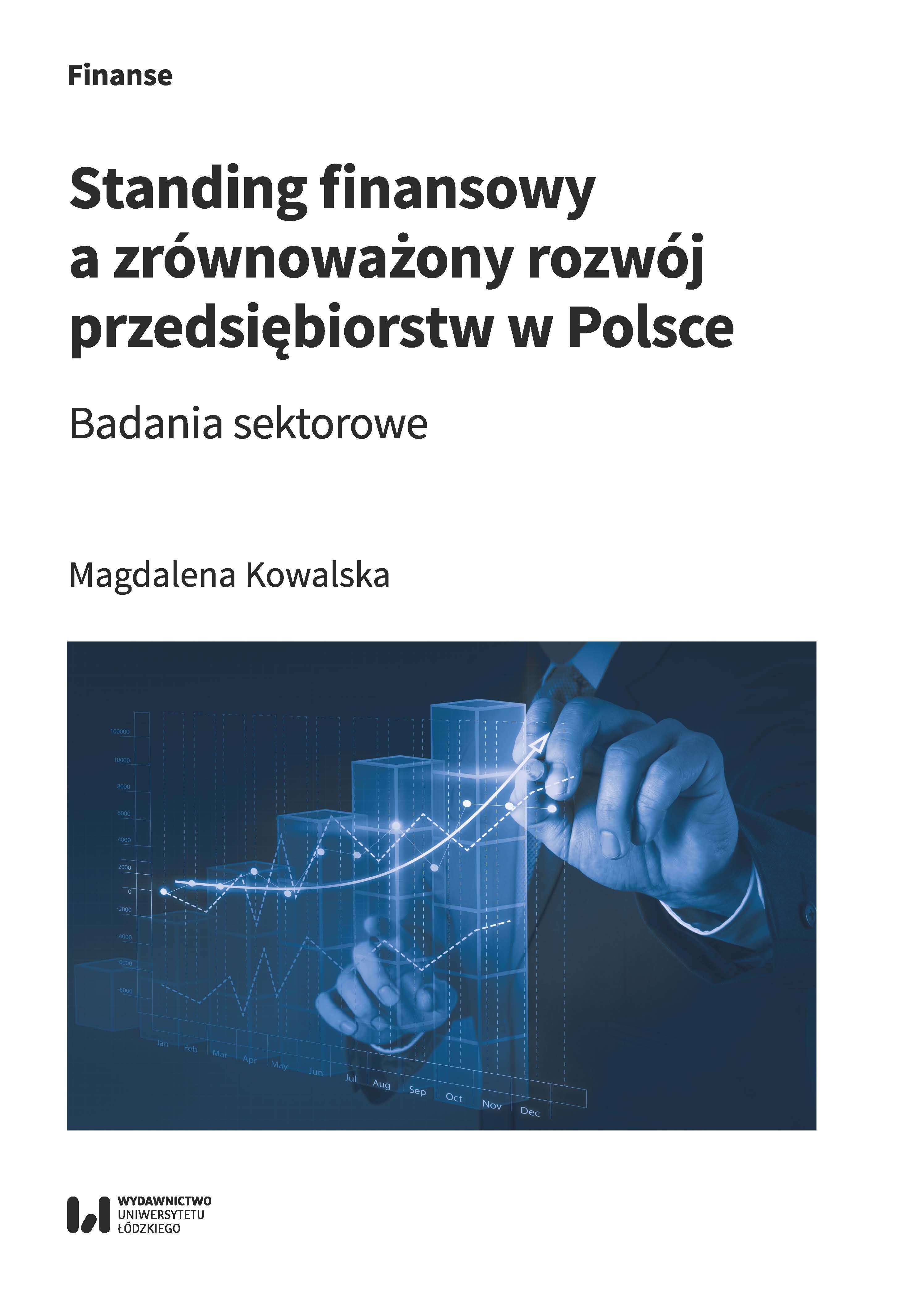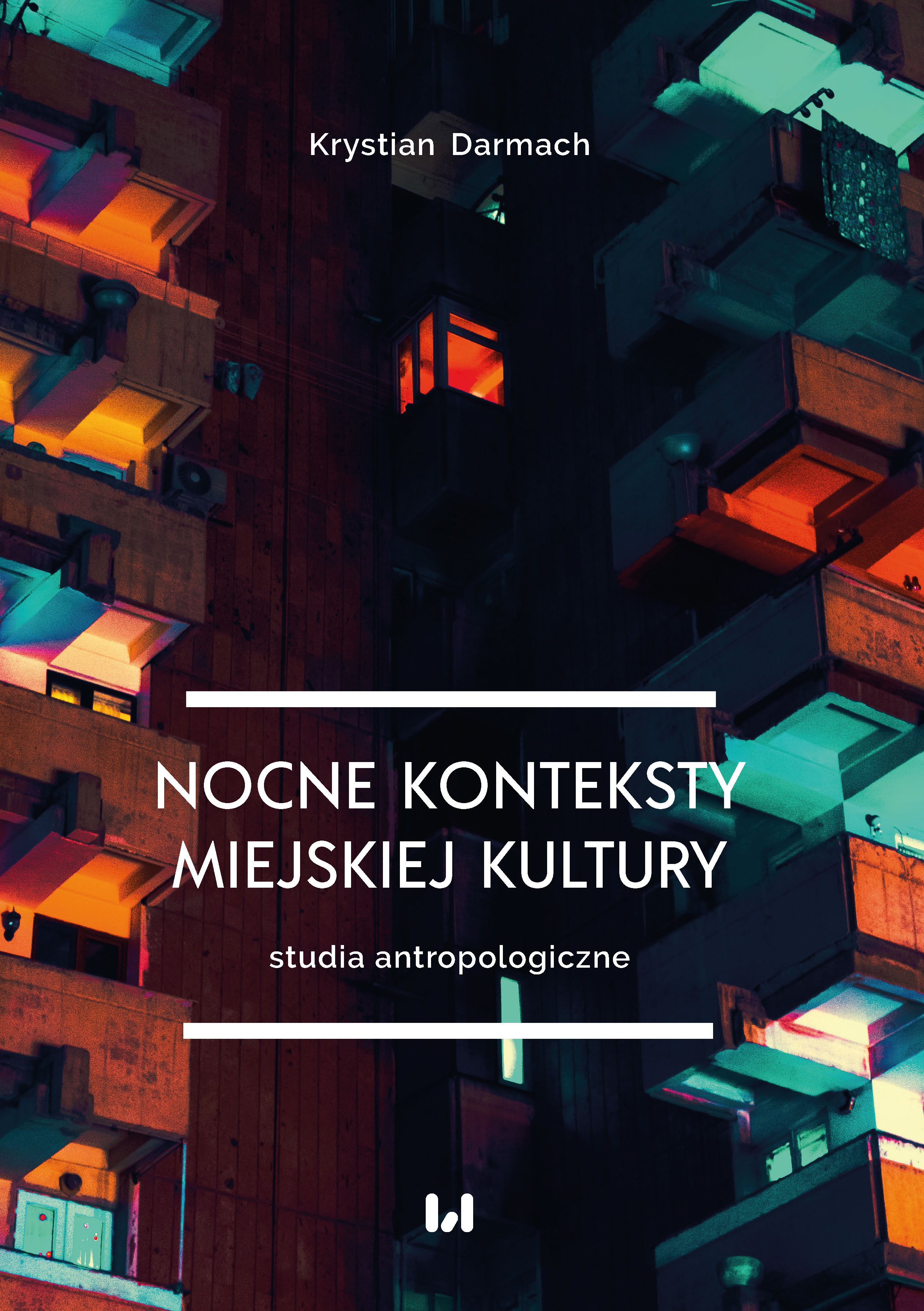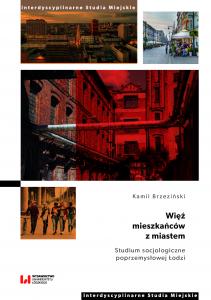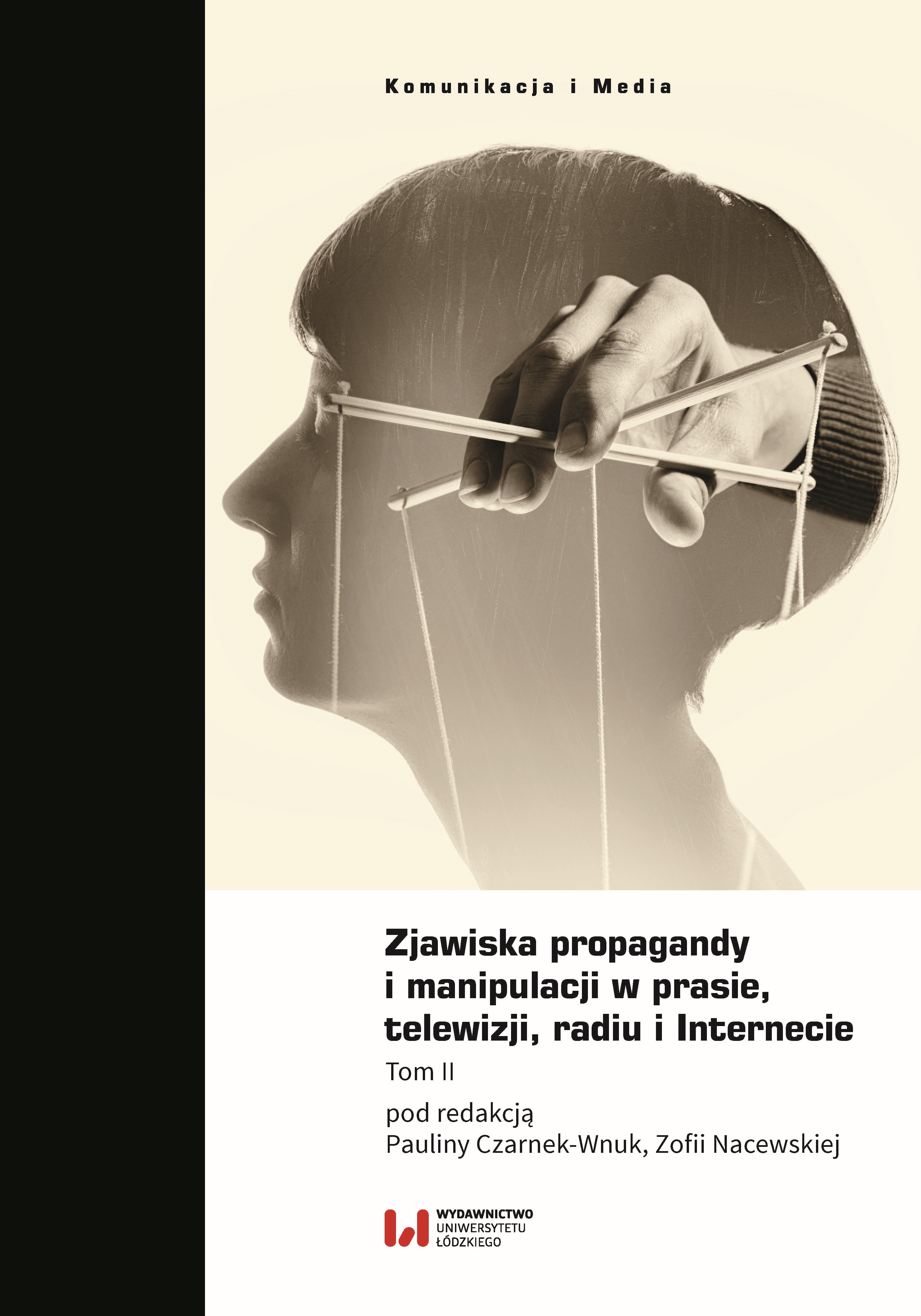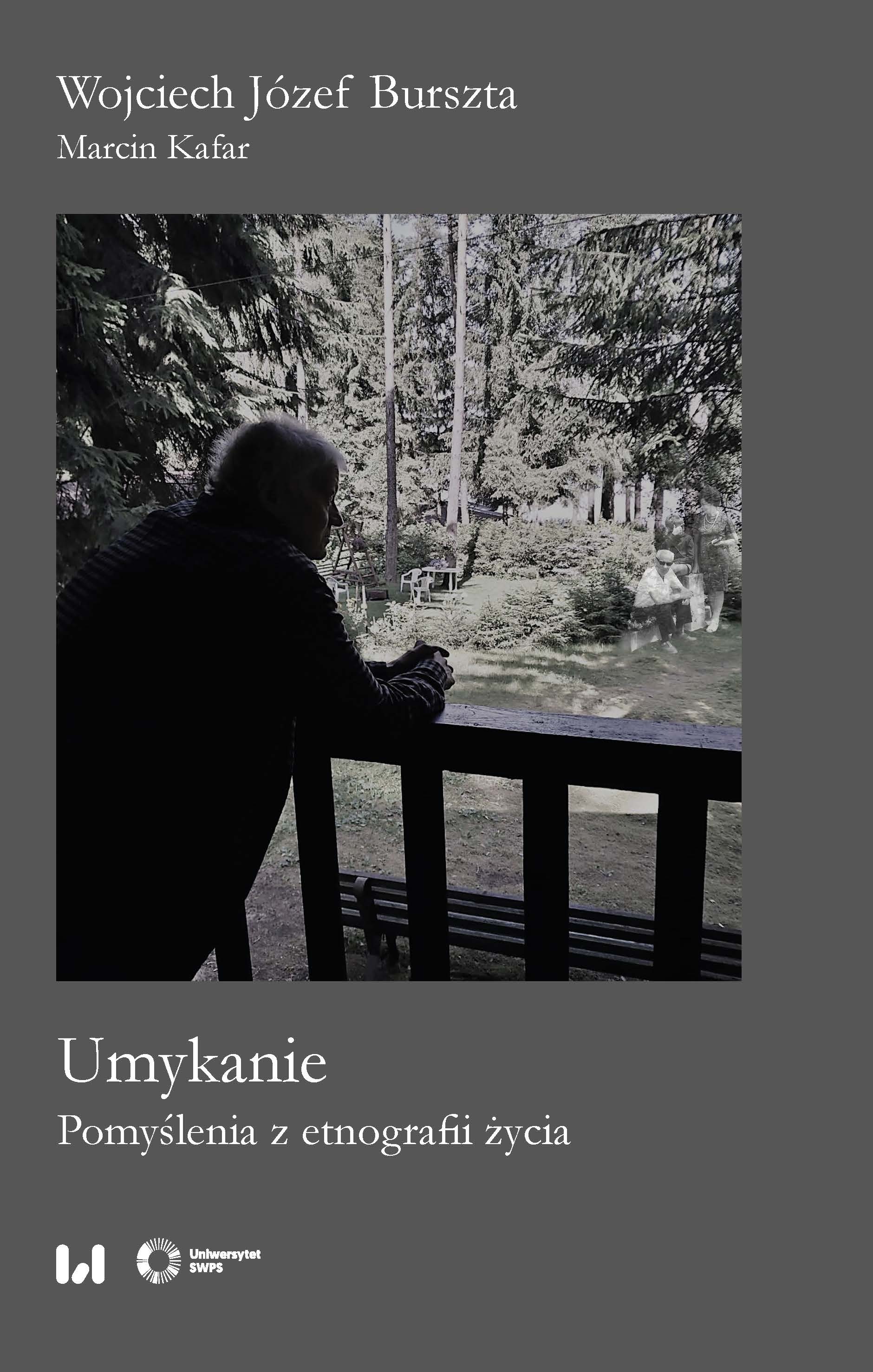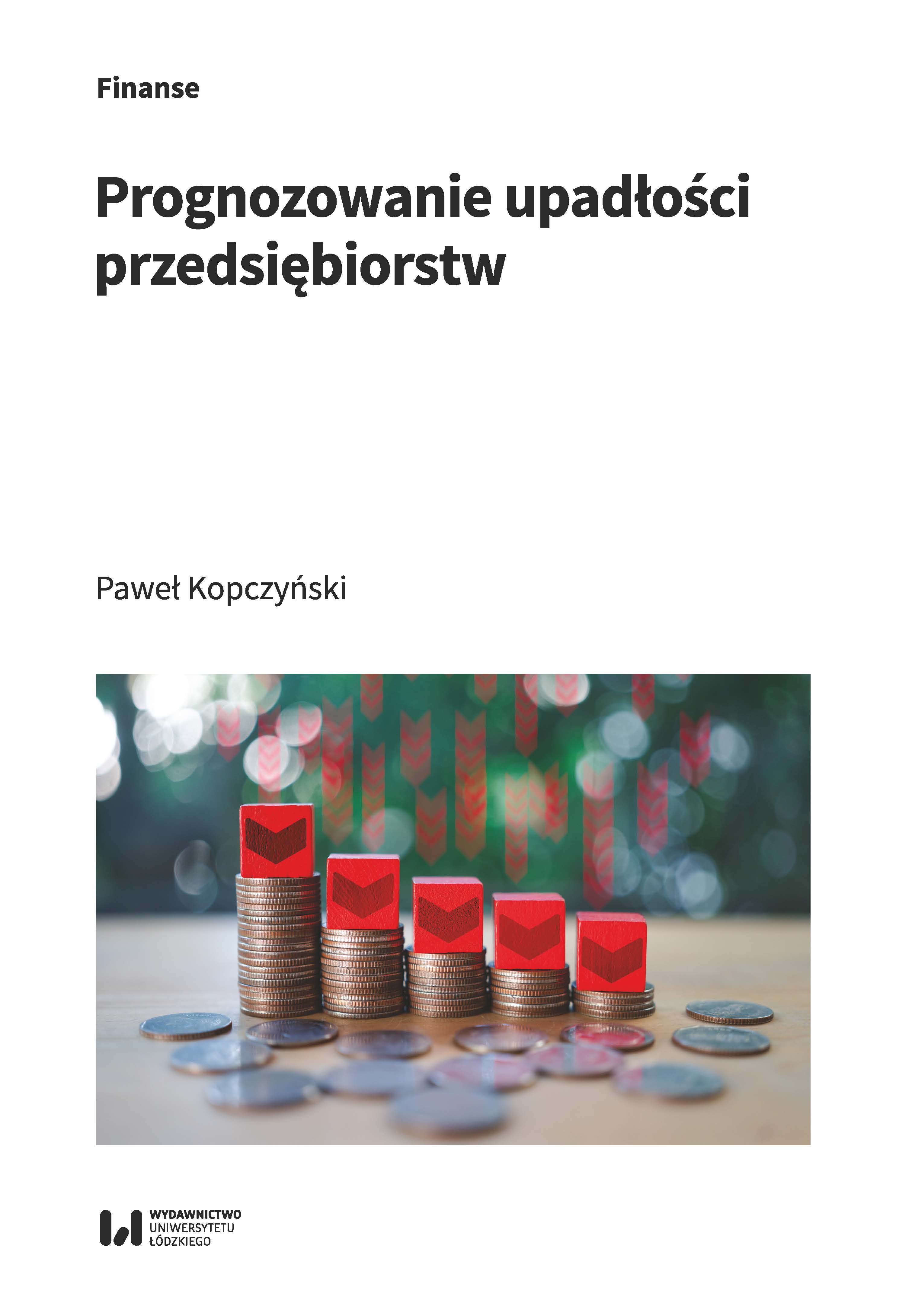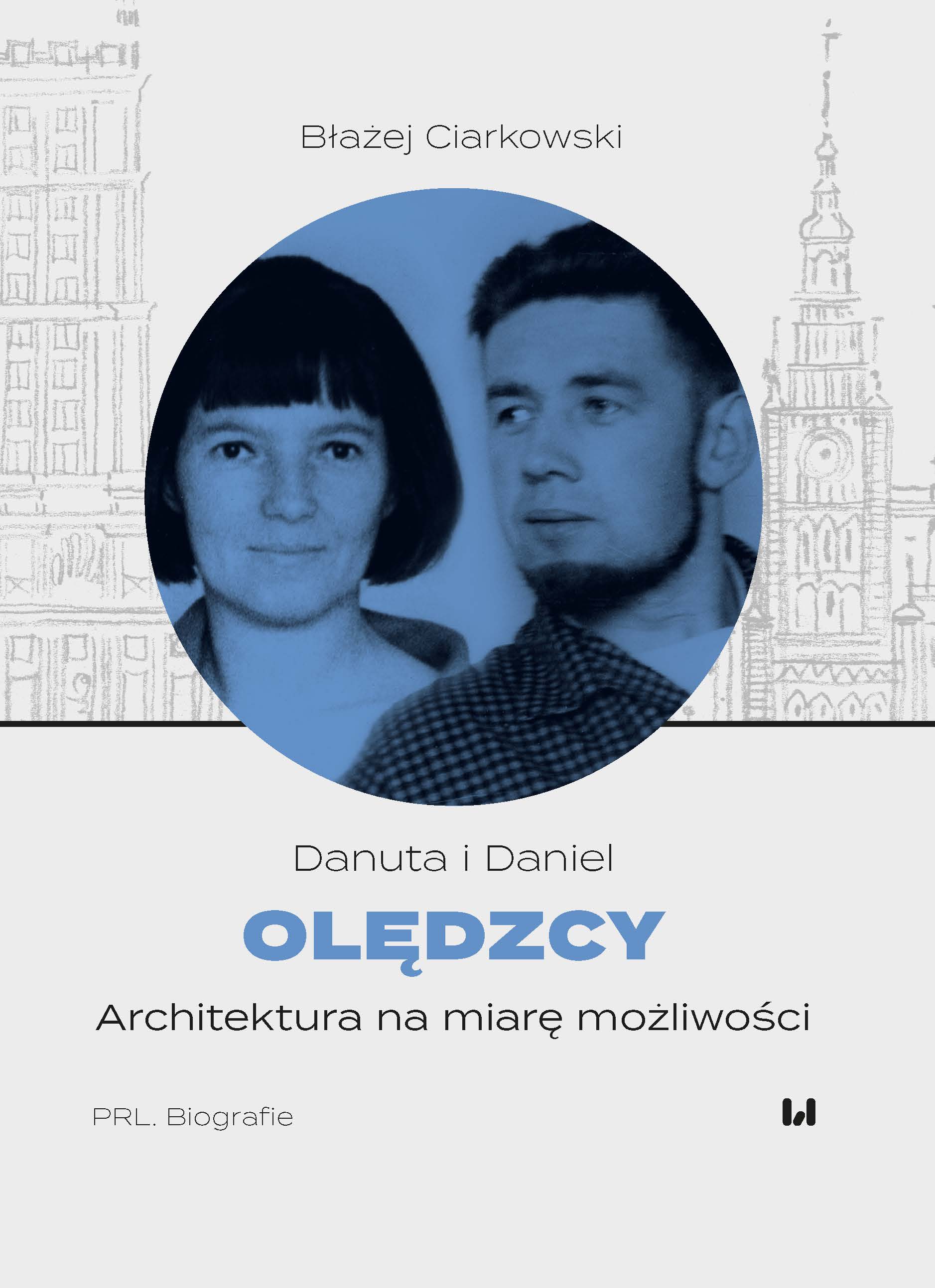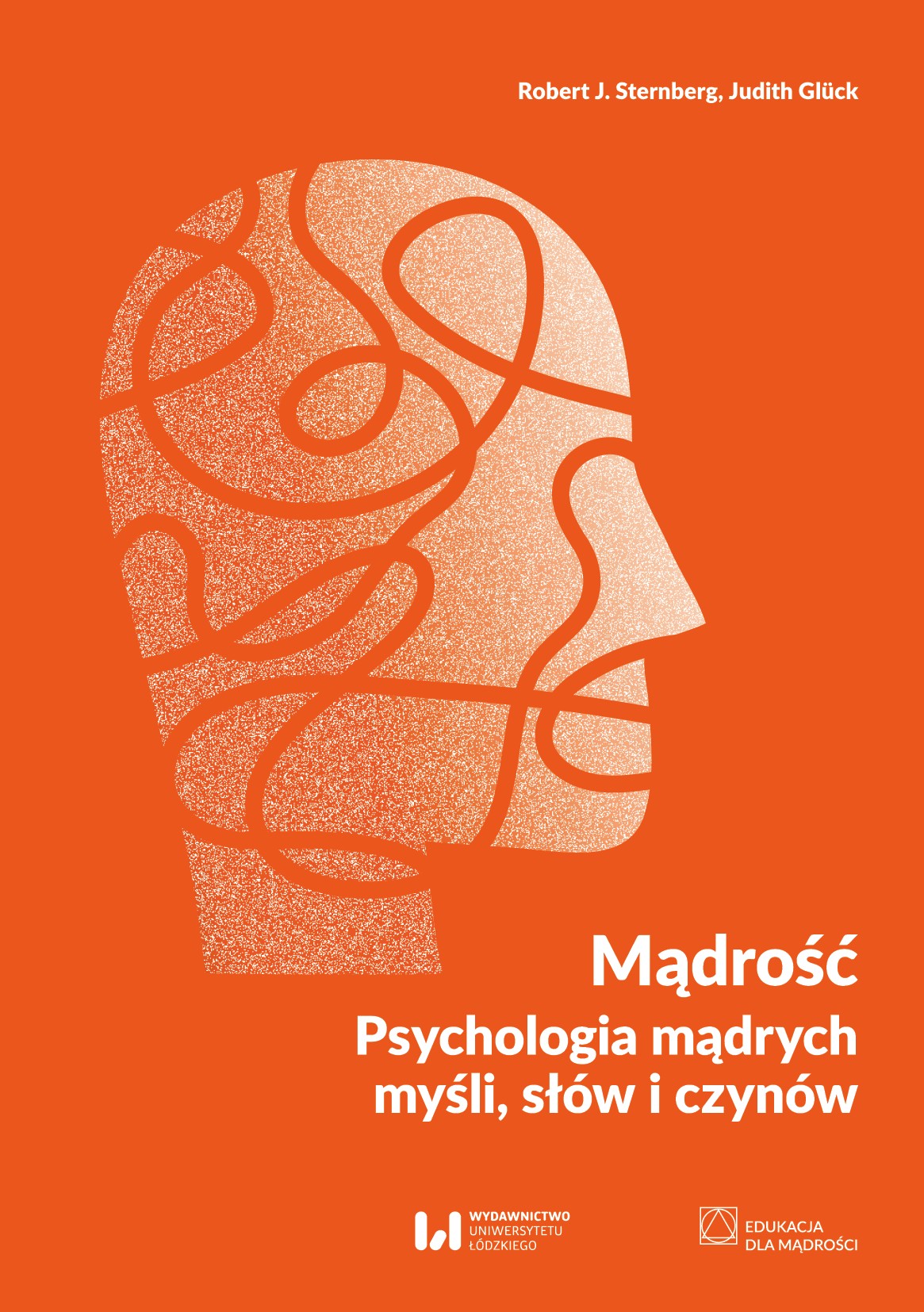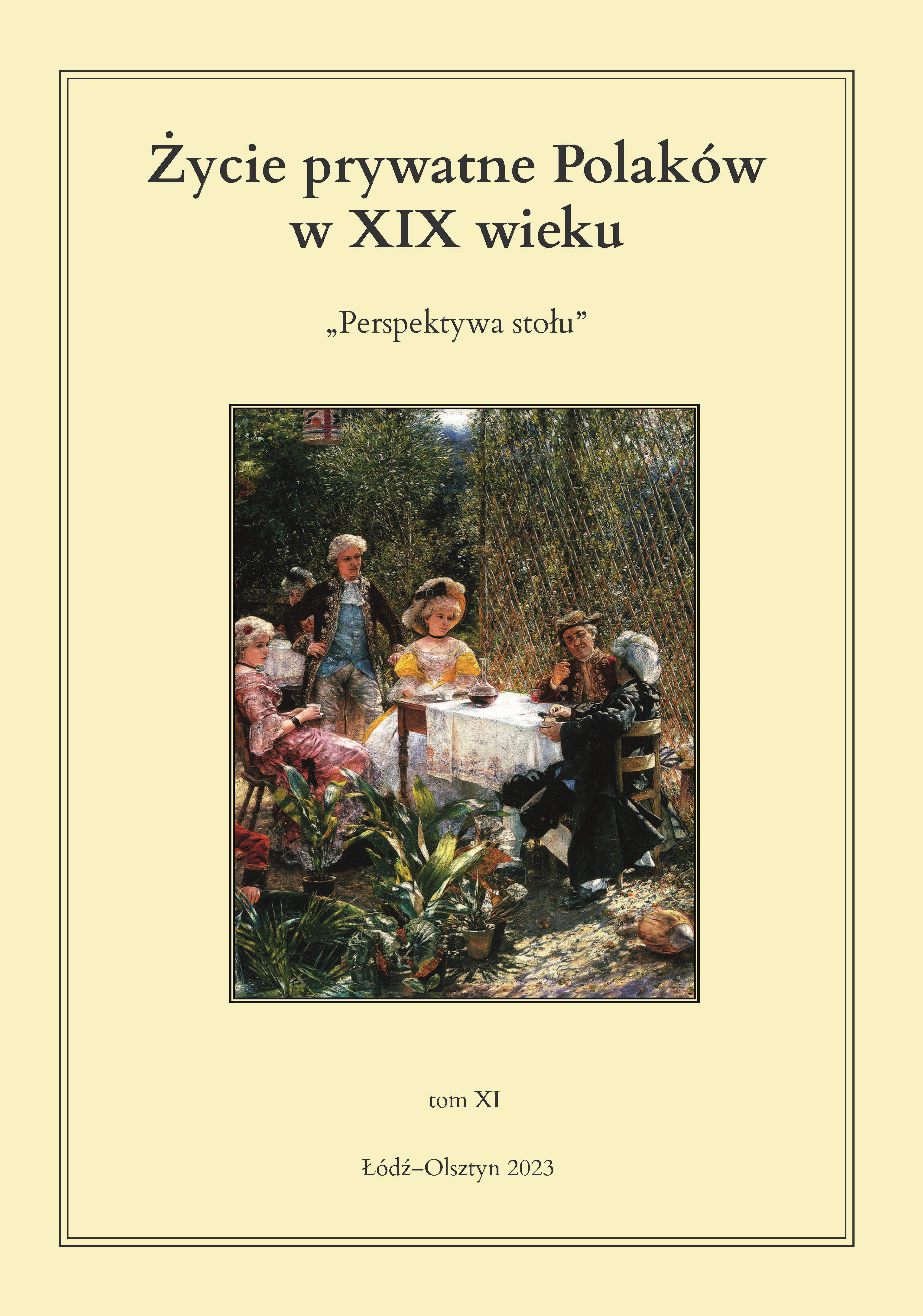Nocne konteksty miejskiej kultury. Studia antropologiczne
Author(s): Krystian Darmach / Language(s): Polish
Keywords: urban anthropology; night studies; night ethnography; anthropography; urban studies
The presented book is the result of several years of research into the nocturnal aspects of urban culture and nightlife. Observation, participation, interviews, conversations, narration, reflection. It is a reference to the previous proposal (City in the Mirror of the Night, WUŁ 2020), its development, correspondence, but also a separate work, an idea implemented in a different way, in a different form, emphasizing the subject of research interests, interpretative choices and description style in a different way. The Night City seems to be an inexhaustible area, still undescribed, mysterious and waiting to be discovered. The more so (among others, I see the greatest value of the presented work) in the Polish literature there is no systematic reflection on this subject, no cross-sectional research in this area has been conducted, and no discussions related to the nocturnal contexts of urban culture have been undertaken. I collected materials for scientific considerations for several years. I was traveling, systematically observing, methodically considering, talking, applying various, well-known ethnographic strategies in new contexts, looking at urban phenomena from the distance of theoretical concepts and conceptual categories, and vice versa, looking from the perspective of an urban, my own experience to theories and research concepts, and finally by participating in the night life of the cities I chose (Łódź, Lisbon, San Francisco, New York). Places and cities that appeared in my biography not only by accident, places where I feel good, which I know and rediscover, recognize, and which for many reasons still surprise me. They are unique to me and to world urban culture.
More...
